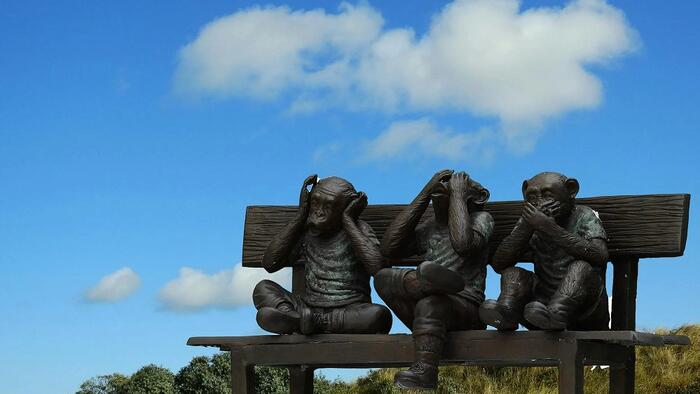To secure electoral victories, conservatives may need to pivot their focus from energizing their base to winning over independent voters. A recent survey conducted by the non-partisan think tank Populace reveals that while independent Americans may refrain from expressing their true beliefs publicly due to social pressure, their private opinions often align more closely with conservative values. The “Social Pressure Index” developed by Populace highlights the disparity between public statements and private convictions, suggesting that many independents privately agree with conservative perspectives but are hesitant to admit them in a politically charged atmosphere.
The survey delved into a range of critical issues that underpin American society, including democracy, economic conditions, individual rights, and social matters. One of the standout findings is that when asked whether government overreach is prevalent in the U.S., 71% of independents expressed concern about this privately, mirroring the 78% of Republicans who feel the same way. In stark contrast, only 17% of Democrats believe that the government asserts too much control. Additionally, an overwhelming 86% of independents think that societal well-being is enhanced when individuals rather than experts make their own decisions, a view shared by 90% of Republicans, whereas only 63% of Democrats agree.
Independents’ apprehension about the economy is alarming, with only 11% believing it is performing well and merely 4% indicating they are better off than five years ago. These perspectives are echoed among Republicans, while Democrats present a significantly more optimistic viewpoint, with 64% assuming the economy is thriving and 47% claiming an improvement in their personal circumstances. Furthermore, independents exhibit a skeptical stance toward labor unions, with fewer than one-third supporting the idea that stronger unions benefit the economy—a figure nearly identical to that of Republicans, whereas a significant 70% of Democrats view unions favorably.
Despite these underlying conservative sentiments, independents often project a more liberal stance in public opinion polls. For instance, while 86% believe in individual decision-making over expert intervention, only 69% are willing to admit this publicly. Similarly, there is a stark contrast in views regarding censorship; while only 3% privately support government censorship of offensive content, 20% publically voice this opinion. The pattern continues with issues like the perceived focus on racism in schools and U.S. foreign aid, where many independents downplay their true beliefs when surveyed.
This discrepancy—in which individuals privately hold conservative opinions but publicly align more closely with liberal viewpoints—can be attributed to the widespread influence of left-leaning ideologies across media, education, and institutions, creating an environment of social stigmatization around conservative opinions. As a result, independent voters may feel pressured to downplay their actual beliefs, leading to skewed polling data that portrays a more liberal populace than exists in reality. This underrepresentation may make leftist Democrats more vulnerable in the political landscape than they realize.
Ultimately, the findings of the Populace survey present an enlightening picture of the disconnect between American conservatism and the public expressions of independent voters. By understanding and addressing these dynamics, conservatives could harness a substantial electoral advantage. The implications of this research serve as a call to action for the conservative movement: rather than intensifying efforts to rally their existing supporters, they must focus on creating an environment where independents feel comfortable voicing their genuine beliefs. If they succeed in doing so, the narrative surrounding the electorate could shift significantly, potentially redefining future electoral outcomes.

